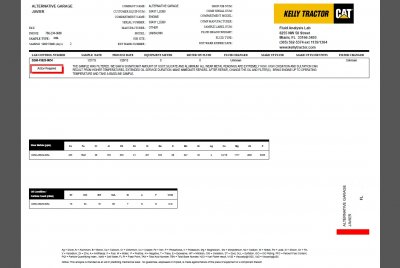I'll share my WMO experience, in hopes it helps someone.
I set up a system for a friend. using large polyester filters over a 55 gal drum, and into 7x32 sock filters. Filtering from 300m down to 1 micron.
Worked great the first few times. He collected oil from aviation shops, which should have been some of the cleanest available.
Unfortunately, someone dumped battery acid, MEK, and other chemicals in their waste tank, which he collected, and eventually passed thru all the filters. When it reached the IDI fuel filter, it disolved the paper media, which *****'d the fuel system big time.
The next problem was when someone dumped dark gray polyurethane paint into the waste tank. This too made it past all the filters, for a while. It eventually clogged most of the drum filters so badly that cleaning them was useless. Some of this paint made it into the IDI, which required a complete dismantling and cleaning of all the fuel system components and replacement of many. Financially, WMO was a definite loss of money, and a huge waste of labor.
Running WMO is a nice idea, but reality can be quite different.




